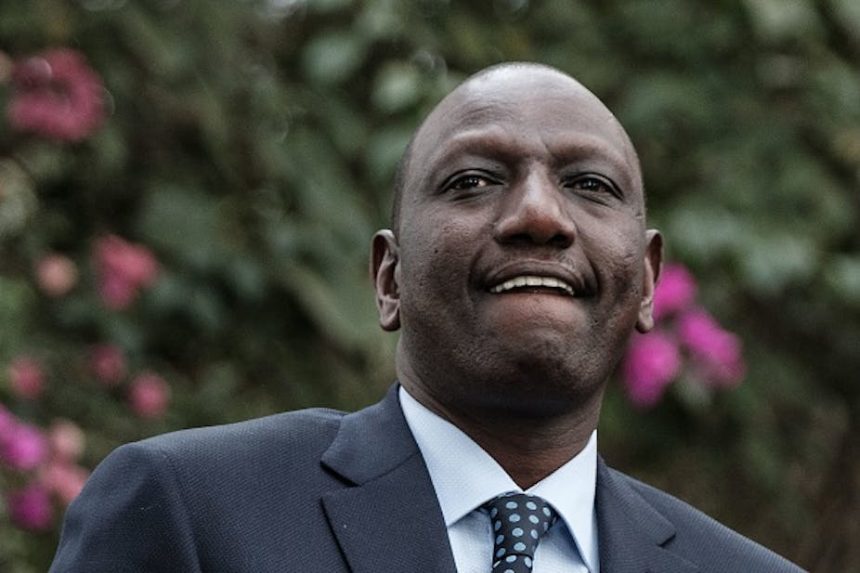Kenyan President William Ruto has declined to sign the controversial finance bill that has sparked protests across the country.
President Ruto announced on Wednesday that he decided not to assent to the bill after considering the ongoing public debate surrounding its content.
This decision follows violent protests on Tuesday, which resulted in over 23 deaths as demonstrators breached the National Assembly for the first time in Kenya’s history. President Ruto condemned the act as treasonous and vowed a full state response.
Initially, Ruto had urged parliament to pass the bill, emphasizing its importance for Kenya’s economic improvement. However, he later acknowledged that the conversation around the bill had been “hijacked by dangerous people.”
By sending the bill back to parliament, Ruto aims to de-escalate the tension. He stated, “Following the passage of the bill, the country witnessed widespread expressions of dissatisfaction, regrettably resulting in the loss of life, destruction of property, and desecration of constitutional institutions. I send condolences to the families of those who lost their loved ones in this unfortunate manner.”
Ruto reiterated his commitment to dialogue with protesters, proposing an engagement with young people to address their concerns. He also called for a multi-sectoral, multi-stakeholder engagement within the next 14 days to discuss the bill and related issues, including austerity measures and anti-corruption efforts.
The president is expected to return the bill to parliament for amendment.





